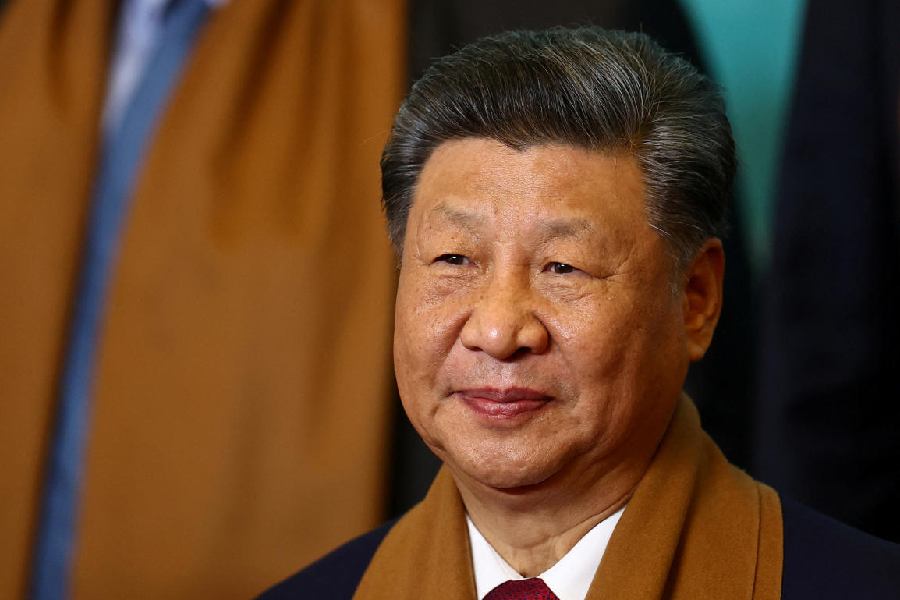President Xi Jinping is set to visit three Southeast Asian nations, Vietnam, Cambodia and Malaysia, on his first overseas trip this year, Bloomberg reported, quoting a South China Morning Post report.
China’s foreign ministry, however, did not respond to a request for comment from Bloomberg.
Xi’s visit to the three countries comes at a time Beijing is trying to strengthen ties with regional partners that have come under President Donald Trump’s trade war. Vietnam and Malaysia are both exposed to higher tariffs from the US, which will kick in from this week.
The likely visit of the Chinese president to Cambodia — which has had long-standing territorial disputes with China over the South China Sea — would follow the official inauguration of a naval port in the country, the expansion of which has been supported by Beijing. Cambodia’s Prime Minister Hun Manet is expected to open the Ream Naval Base on April 2.
The upcoming visit of Xi to the three countries has evoked interest as it captures China’s attempts to send out a message that it is open for business, which is in sharp contrast with the US’s more protectionist “America First” policies.
All these developments, according to the Bloomberg report, indicate China’s attempt to present the country as a force for stability in the region as Trump upends traditional partnerships.
Not just trade, there is also an element of geopolitics in Xi’s visit to Vietnam as China held live fire drills in the Gulf of Tonkin last month after Vietnam announced a new boundary line in parts of South China Sea it considers part of its territory.
The US has raised concerns the naval base would eventually become China’s first outpost in the Indo-Pacific, but Beijing has dismissed such claims.
Beijing’s willingness to expand trade engagement in the region was evident in Seoul on Sunday. South Korea’s industry minister Ahn Duk-geun and his counterparts, Yoji Muto of Japan and China’s Wang Wentao, discussed a free trade agreement. Though no major announcement was made after the huddle, the meeting captured increasing willingness among the three countries to strengthen ties as they face the impact of US tariffs.
“We especially recognised the need for ongoing trilateral economic and trade cooperation to effectively address emerging challenges and achieve tangible outcomes in key areas,” the ministers said in a joint statement.
The meeting took place in the backdrop of the US’s 25 per cent levy on car imports, which will kick in at 12:01 am Washington time on April 3.










